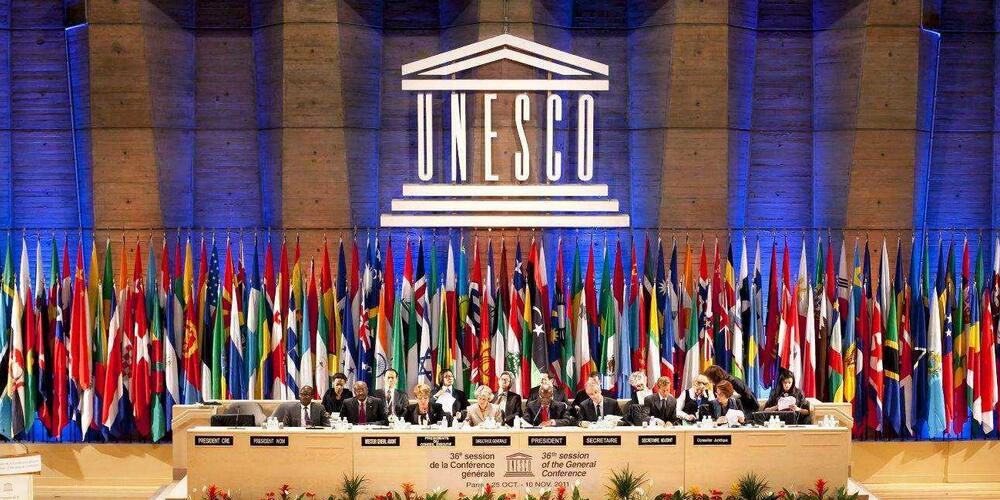The meaning of UNESCO is United Nations Educational, Scientific and Cultural Organization, which, translated to the Portuguese, it designates the United Nations Organization for Education, Science and Culture.
UNESCO had its inception in 1946, soon after the end of the 2nd World War. As you can notice by the name of the organization, it is linked to the United Nations and aims to promote the education, science and culture to contribute to a world with more security and peace.Its headquarters is located in Paris in France, and already operates in 112 countries.
In Brazil, the UNESCO office has been set in 1964, being that his office, located in Brasilia, started his skills in 1972, with emphasis on the following priorities: advocate for a quality education for all individuals, promoting social and human development. However, only in the 90s that the brazilian office of UNESCO has been strengthened in relation to their actions in the territory.
The organization conducts various cultural activities that serve to preserve and educate the citizens of the planet in relation to the importance of conserving the cultural heritage, regardless of its manifestation/form.
Is the United Nations agency that works in the areas of Education, Natural Sciences, Social and Human Sciences, Culture and Communication and Information.
UNESCO stands out for the following actions:
- Seeks to reduce illiteracy,
- Finances the training of teachers,
- Build schools in the most needy regions,
- Makes donations of equipment to the functioning of the schools it builds,
- Supports initiatives in the audiovisual
- Works in favour of the freedom of the press, pluralism and diversity of ideas and information,
- Promotes books, encouraging reading,
- Stimulates creativity and the study of oral traditions,
- Promotes research that will guide the exploitation of cultural resources,
- Creates programs for the protection of the natural and cultural heritage,
- Develops means of communication.
Not only the peace and literacy, the UNESCO says that it has as mission the eradication of poverty, sustainable development and gender equality. The organization believes that these problems can be remedied through quality education, with freedom for the ideas and for the people.
Since 2009, Irina Bokova, of Bulgaria, is the president of UNESCO.

